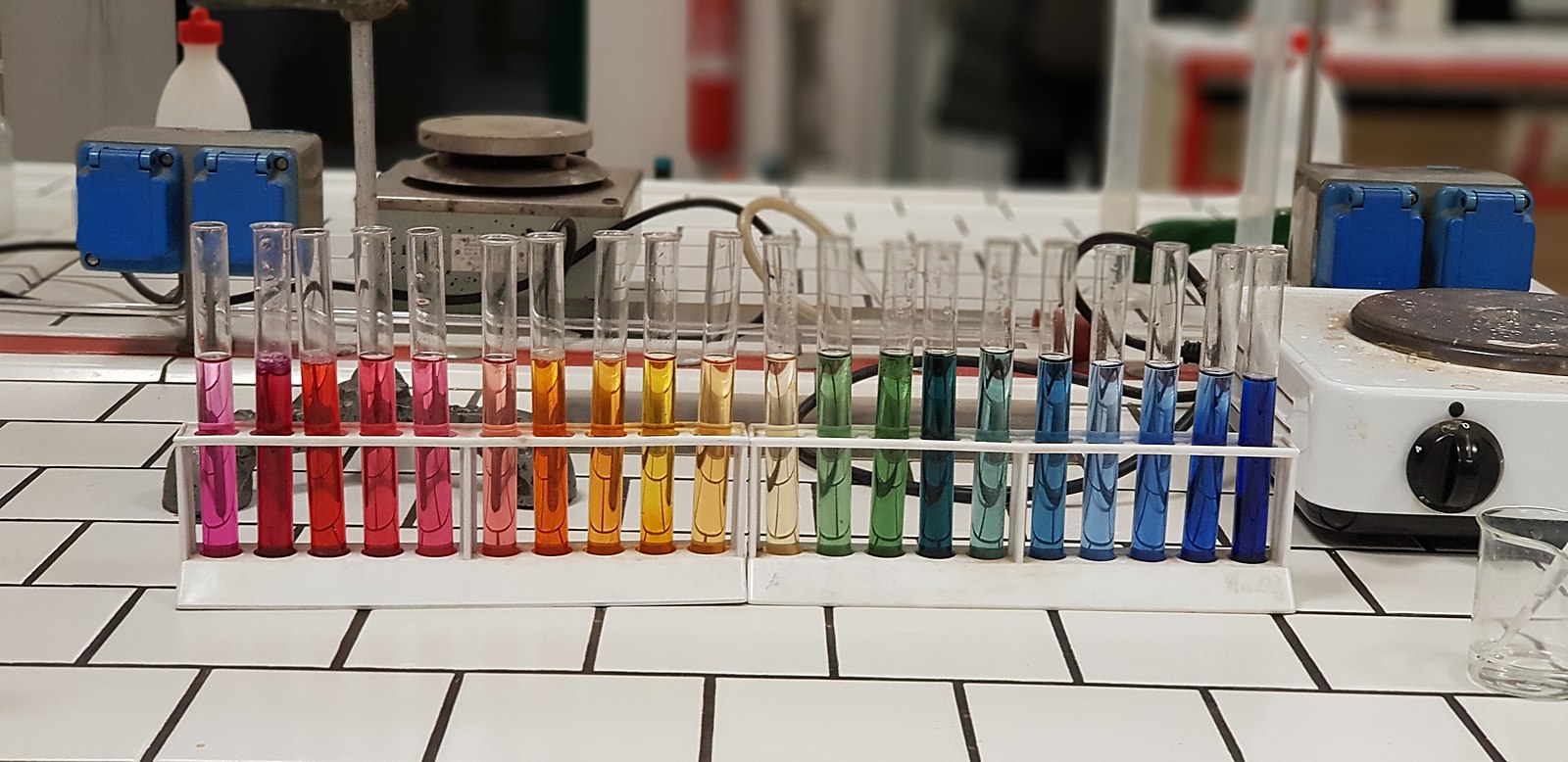The pH of a 0.1 mol/L solution of potassium sulfate (K2SO4) in water is 7.29, which is slightly basic. This is because the sulfate ion (SO42-) is a weak base, with a pKb of around 12. However, the solution is often considered neutral in many contexts, as the sulfate ion is only weakly basic and the potassium ion (K+) is unreactive.
Understanding the pH of K2SO4 in Water
When K2SO4 is dissolved in water, it dissociates into K+ and SO42- ions. The K+ ion is a spectator ion and does not affect the pH of the solution. The SO42- ion can react with water to form hydroxide ions (OH-), which increases the pH of the solution slightly. However, this reaction is very weak, and the pH of the solution remains close to neutral.
The pH of a K2SO4 solution can be affected by contaminants or impurities in the salt. For example, if K2SO4 is contaminated with sulfuric acid (H2SO4), the pH of the solution will be lower than 7. Conversely, if K2SO4 is contaminated with potassium hydroxide (KOH), the pH of the solution will be higher than 7.
Balancing the pH of K2SO4 in Water
To balance the pH of a K2SO4 solution, you can add a strong acid or a strong base to the solution. For example, if the pH of the solution is too high, you can add a few drops of hydrochloric acid (HCl) to lower the pH. Conversely, if the pH of the solution is too low, you can add a few drops of potassium hydroxide (KOH) to raise the pH.
When using K2SO4 in a DIY project, it is important to ensure that the pH of the solution is close to neutral. If the pH is too high or too low, it can affect the stability and performance of the solution. Therefore, it is recommended to measure the pH of the solution using a pH meter or pH strips and adjust it as necessary.
Factors Affecting the pH of K2SO4 in Water
The pH of a K2SO4 solution can be influenced by several factors, including:
-
Concentration of K2SO4: The pH of the solution will be affected by the concentration of K2SO4. Higher concentrations of K2SO4 will result in a slightly more basic pH.
-
Temperature: The pH of the solution can also be affected by temperature. As the temperature increases, the pH of the solution may slightly decrease.
-
Presence of Impurities: As mentioned earlier, the presence of contaminants or impurities in the K2SO4 can significantly affect the pH of the solution.
-
Presence of Other Ions: The presence of other ions in the solution, such as H+ or OH-, can also influence the pH of the K2SO4 solution.
Practical Applications of K2SO4 in Water
Potassium sulfate (K2SO4) is a widely used chemical compound with various applications, including:
-
Fertilizer: K2SO4 is a common fertilizer used in agriculture to provide potassium and sulfur to plants.
-
Water Treatment: K2SO4 can be used in water treatment processes to adjust the pH and remove certain contaminants.
-
Pharmaceutical Industry: K2SO4 is used in the pharmaceutical industry as a source of potassium and as an excipient in various drug formulations.
-
DIY Projects: K2SO4 can be used in various DIY projects, such as making bath salts, crystal gardens, or as a component in homemade cleaning products.
In all these applications, it is important to ensure that the pH of the K2SO4 solution is within the desired range to optimize the performance and stability of the solution.
Conclusion
The pH of a 0.1 mol/L solution of potassium sulfate (K2SO4) in water is 7.29, which is slightly basic. This is due to the weak basic nature of the sulfate ion (SO42-). However, the solution is often considered neutral in many contexts. Contaminants or impurities in K2SO4 can affect its pH in water, and it is important to balance the pH of the solution for optimal performance in various applications, including DIY projects.
References:
- Quora – Is K2SO4 acidic or basic in water?
- PubChem – Potassium Sulfate
- YouTube – The pH of 0.1 M K2SO4 is 7
- Wikipedia – Potassium sulfate
- Reddit – Is an aqueous solution of K2SO4 (potassium sulfate) acidic or basic?
- ScienceDirect – Potassium Sulfate

